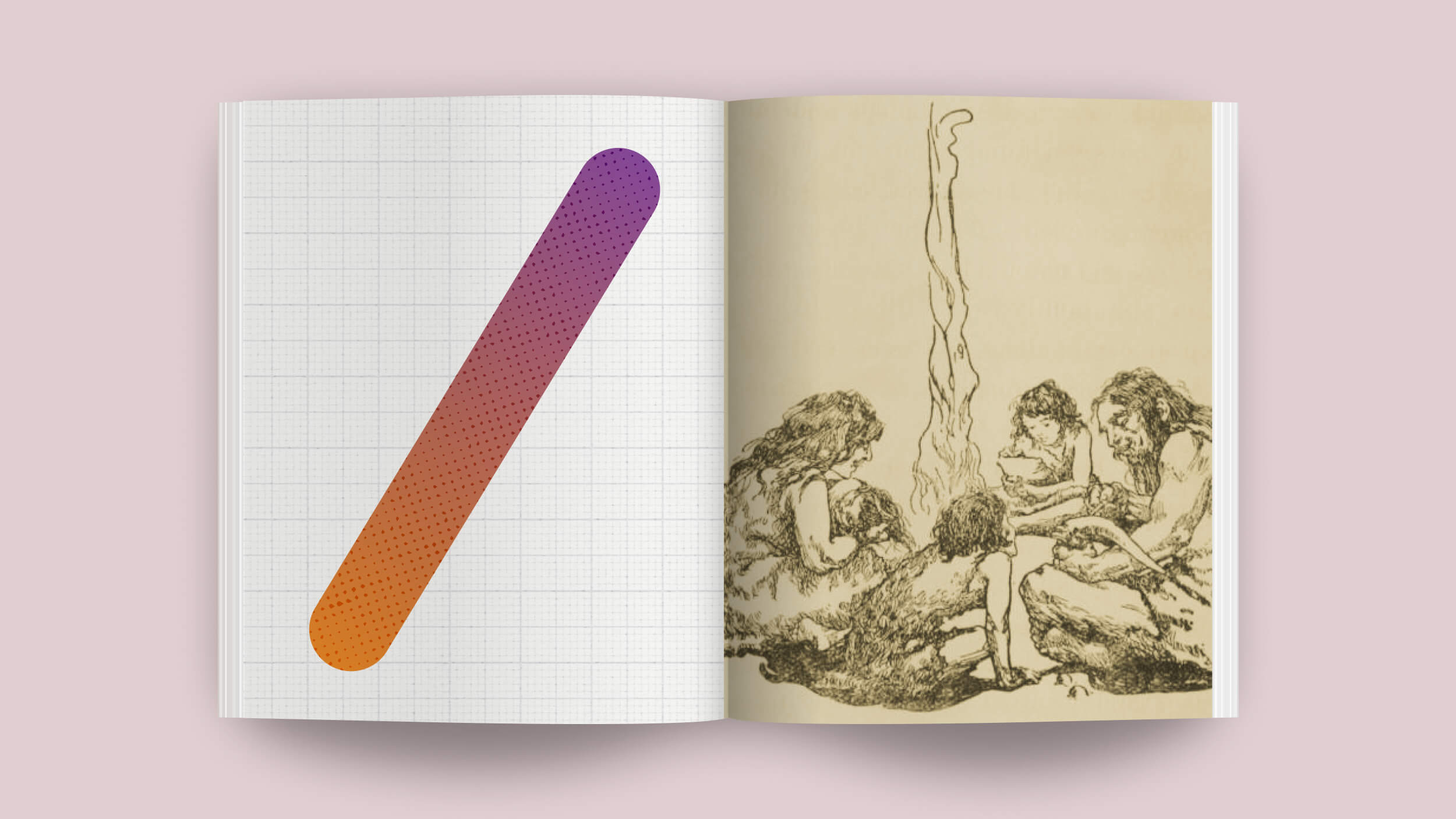The Irish, because they had nothing else to do, used language and glorious terms.
Question: What about Irish culture makes it so lyrical?
Malachy McCourt: I am full of theories that are based on a very liquid foundation, because I used to be a drinker. Before St. Patrick came, there were six invasions of Ireland and I can’t think of who they were. There were tribes, the Malaccans, and the Celts. And they brought their languages with them, and somewhere or another melded into whatever was there then, and then the Celts came bring their language with them. Then St. Patrick came bringing Latin with him, then there was the invasions, the constant invasions of the Vikings bringing the Norse languages with them, then Henry II sent over these Normans bringing French language in there and then the English themselves came bringing English. So, here all these languages, and instead of the Irish learning their language, they all learned whatever it was spoken there, so consequently, there’s a huge availability of words. And because we had nothing else to do, and I am speaking “we” because we were poverty stricken, we relied totally on the world, and biblically, the word is – in the Bible, it say, “In the beginning was the word,” and I’m not a religious man at all. But if the Bible says, yeah I agree with that part of it anyway. And the word is a sound of some sort and that’s where the energy comes from, so I like that.
So, the Irish, because they had nothing else to do, they used language and glorious terms. And when an English man speaks well, for example now, and this is another way of putting us down, they say he’s “eloquent” you see. “Oh, eloquent chap they are!” An Irish person speak well, they say, “Ah, you have the gift of the gab.” “Ah, you kissed the blarney stone.” You see, all of this putting us down. Now, of you look up the word “gab” in the dictionary, it’s insignificant of importance, of no substance. That’s what gab is. If that’s a gift, they can shove it up their armpit as far as I’m concerned because I certainly don’t want it.
So, we then listening to people talking, telling stories and everything has to be a story. Every experience. Coming here today is an experience and you can make a story just about out of anything. And it has nothing to do with the harshness of a formal education, which I don’t have because I failed everything in school. I left when I was 13 because I had no comprehension of what the hell they were talking about up there at the blackboard. I must have that ADD thing. But, listening to people I thought, that’s wonderful to be able to tell a story.
And somebody once said that the Irish derived the greatest benefit from the English language. They court it like a beautiful woman. They make it bray with donkey laughter, they fling it at the sky like paint pots full of rainbow colors. Then they make a chant of dear Jovan’s fate of man’s follies like a soft rain falling. They’ve paid the oppressor the supreme compliment of taking his language and turning it to sorcery, they say. Yeah! That’s what we do with it. That’s the one thing the English left us and I love it!
Question: Do you have a favorite Irish proverb?
Malachy McCourt: Never clean a window with a soft-boiled egg. Do I have a favorite Irish proverb? When you talk about sayings and St. Patrick and all that, I have no time for that kind of thing. But to me a Saint is a severely edited sinner. That’s what I think.
Question: Can you share a limerick with us?
Malachy McCourt: A limerick, well, limericks don’t come from Limerick. But it comes from that between the verses when they used to have those competitions that they would put in the refrain, “follow me up, follow me up, follow me up to Limerick Town.”
“There was a young lady from Thrace, whose corsets were too tight to lace. Her mother said, ‘Nellie, there’s more in you belly, than has ever went into your face.’”
Recorded on March 10, 2010





